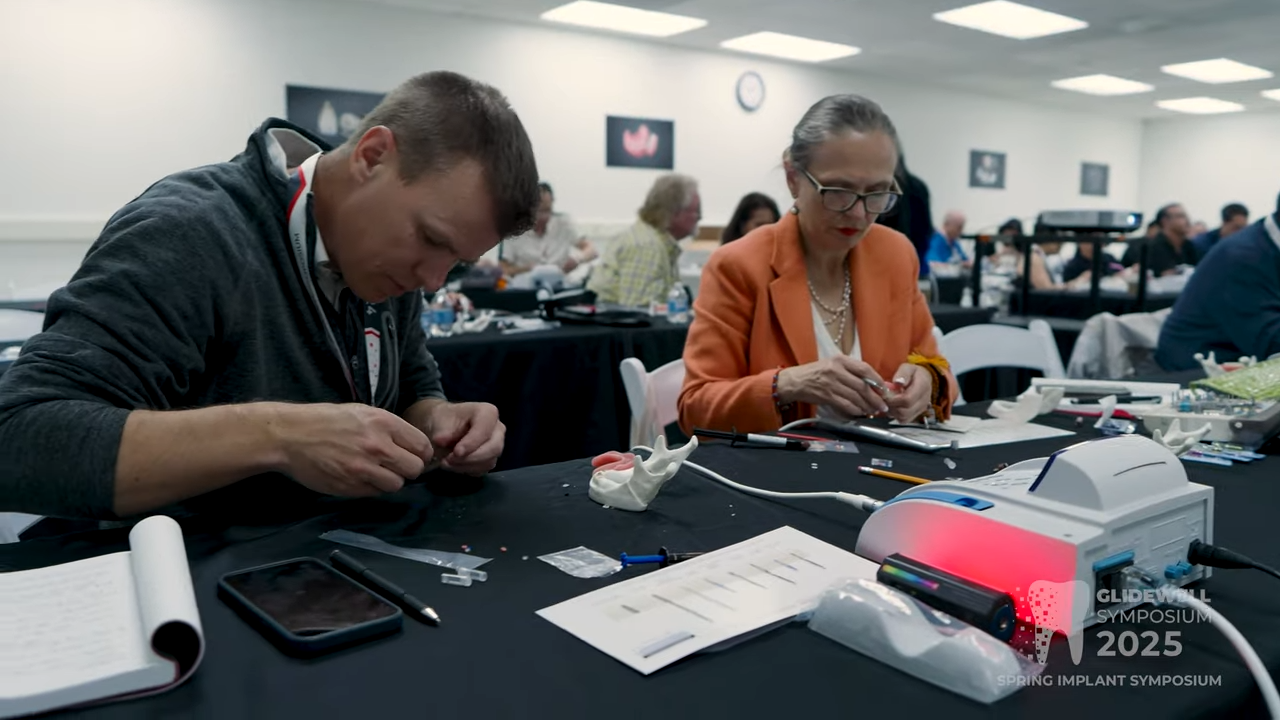Most dental practitioners are reasonably well versed about the possible pitfalls attendant to a decision to terminate an employee. By comparison, the issues and dangers surrounding hiring practices tend to be lightly regarded and the implications of a flawed hiring process virtually ignored. This article highlights general areas of concern, consideration, and strategy that should be addressed in the hiring process.
MISCONCEPTIONS
At virtually every level of government (county, city, state, or federal), laws have been enacted to ensure that all employment practices and decisions are made on a nondiscriminatory basis. Many dental practitioners with small offices are of the erroneous view that their size precludes application of discrimination laws or minimizes the likelihood of being targeted for suit. Neither assumption is with foundation, legally or practically.
DISCRIMINATION LAWS
The breadth of discrimination statutes varies from state to state. For instance, sexual orientation is a protected status recognized by only 13 states. Notwithstanding the differences, all discrimination statutes have the same core principles: employment decisions must be made without regard to an individual’s attributes or beliefs (age, race, sex, disability, ethnicity, religion, etc). Only job-related matters may be considered. Decisions made at every stage of the hiring process must conform to that principle.
ADVERTISING FOR EMPLOYEES
The wording of an advertisement becomes the first area of hiring concern. Advertisements should only articulate conditions or attributes necessary to the performance of the position. Other conditions that are not facially discriminatory may be deemed unlawful as having the effect of precluding application by individuals of a protected class.
APPLICATION FORMS
Questions on an application form may unwittingly or inferentially elicit information about an individual’s protected status. As status is an irrelevant consideration, the question is evidence of discrimination. Enforcement agencies will make inferential leaps that few practitioners make or even conceive. Asking a person the year he or she graduated from school is irrelevant to the point of having graduated but is directly revealing of age—an impermissible inquiry. Asking applicants to list their membership in all organizations may well elicit information regarding religion and therefore is impermissible and unnecessary. However, asking for a list of professional organizations would probably be relevant.
THE INTERVIEW
During an interview, an employer enjoys no greater legal latitude than is permissible in the advertisement or application process. Again, only job-related inquiries should be made. Employers are encouraged to ask all applicants the same questions. While appearing somewhat cold or dispassionate, such an approach represents some protection against specious claims of inappropriate questions.
ask if they can satisfy your requirements with or without reasonable accommodation.
OFFERS AND REJECTIONS
One of the greatest yet avoidable problems in the hiring process concerns background checks. Untold employers, usually owing to a trusting nature, cost, or time constraints, have extended unconditional employment offers without first conducting background checks. An employer has the right to condition employment on background matters subject to disclosure and waiver procedures.
CONCLUSION
By recognizing that the hiring process is governed by many laws and regulations and by becoming aware of the common pitfalls, dental practitioners can avoid unnecessary claims and potentially costly litigation.
Mr. Schneider is a partner at Kaufman, Schneider & Bianco, LLP, in Jericho, NY, a leading law firm concentrating exclusively in employment law, labor relations, and related litigation on behalf of management. He can be reached by calling (516) 681-1100.




